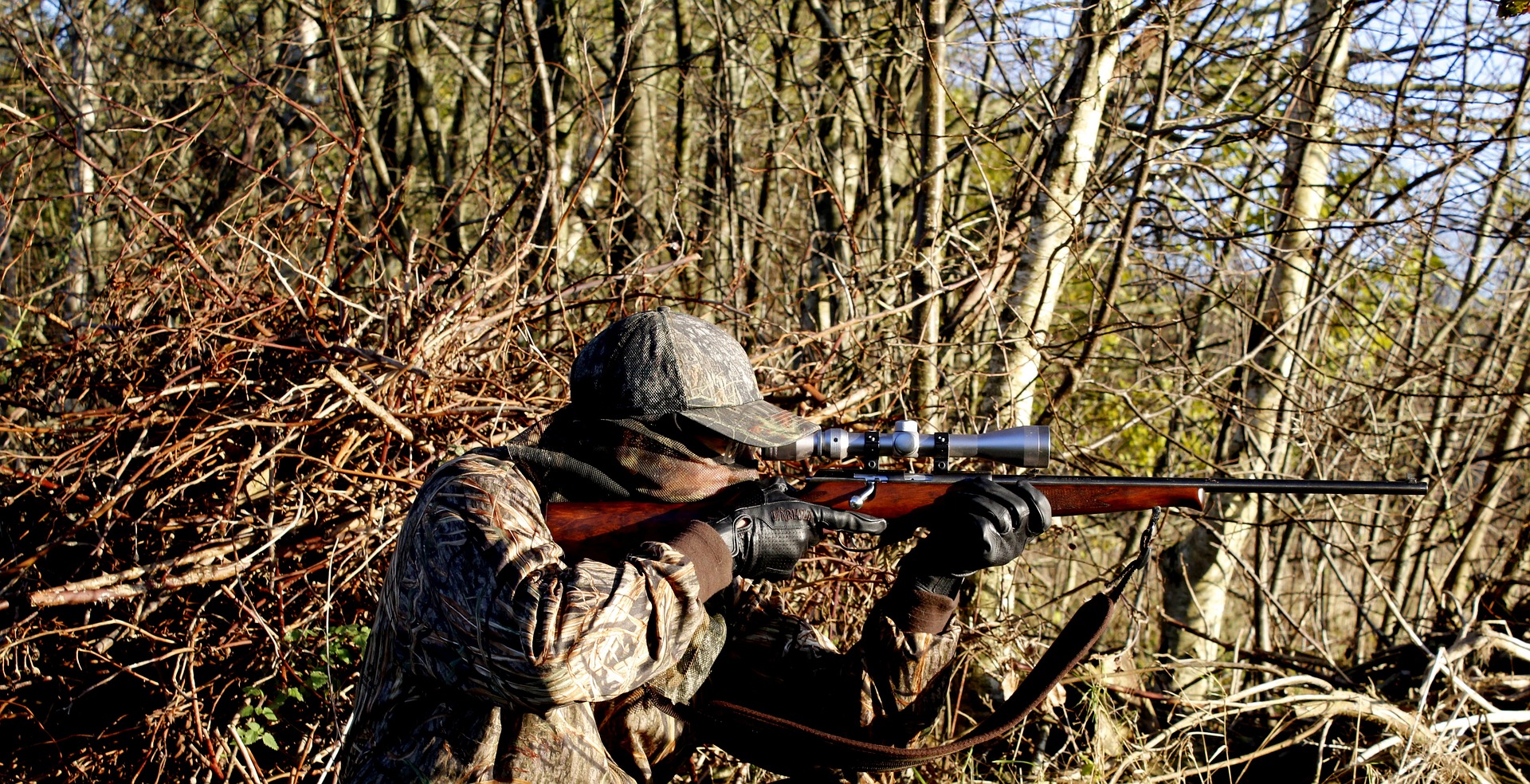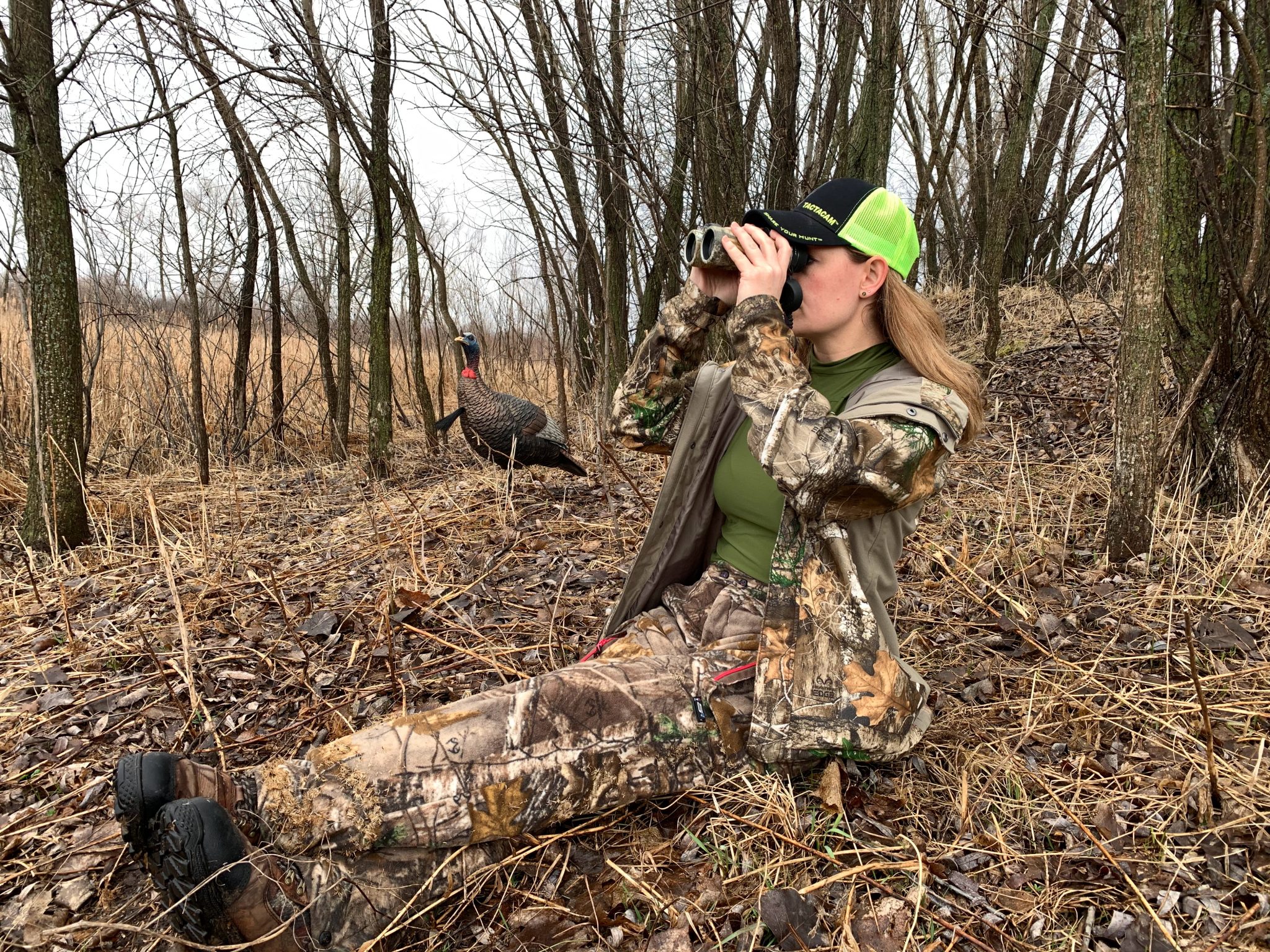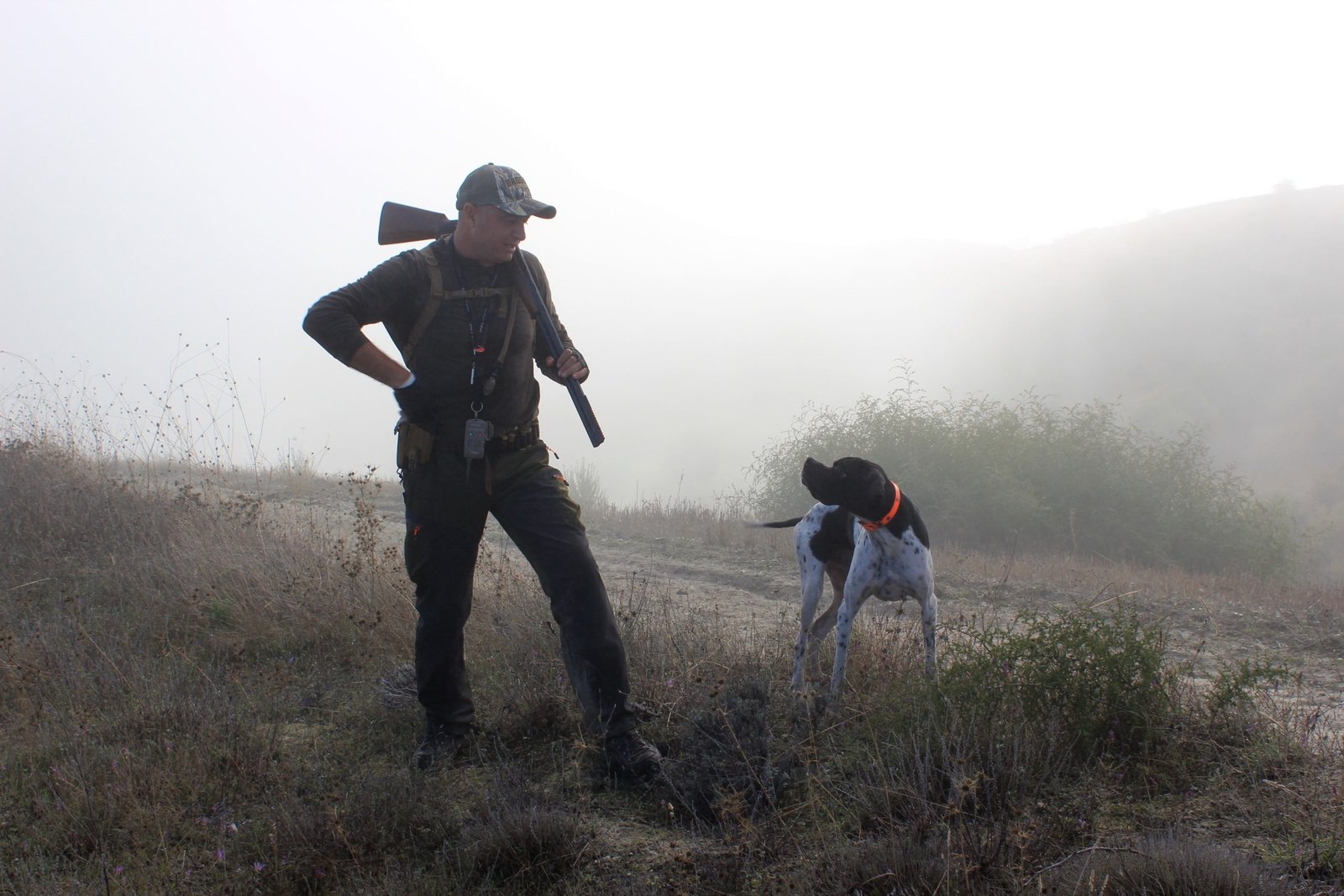Hunting, an age-old practice deeply rooted in human history, has evolved from a means of survival to a famous recreational activity people enjoy worldwide.
For beginners venturing into the hunting world, it’s essential to acquire a fundamental understanding of the sport, from ethical considerations to safety precautions and essential gear.

This comprehensive guide aims to provide beginners with a solid foundation in hunting basics, empowering them to embark on their hunting journey responsibly and ethically.
Selecting Your Hunting Gear and Equipment
Choosing the right gear is essential for a successful and safe hunting experience. From firearms and ammunition to clothing, footwear, and accessories like binoculars and rangefinders, understanding the purpose and functionality of each item is crucial. Opt for the best climbing tree stands that suit your hunting style and terrain, providing a strategic vantage point for observing the game and planning your approach. Consider its comfort and ease of use, as spending extended periods in the field requires equipment that minimizes fatigue and maximizes your overall hunting effectiveness.
Accessories like binoculars and rangefinders enhance your ability to spot a game from a distance and gauge accurate shooting distances. When it comes to firearms and ammunition, research thoroughly to select the most appropriate options for your chosen type of hunting. Each firearm has unique characteristics and capabilities, so understanding factors like caliber, range, and recoil is essential. Invest in quality gear that suits your intended hunting type and environment.
Mastering Hunting Safety and Precautions
Safety should always be a top priority. Learn and follow safe firearm handling practices, and consider taking a hunter education course to gain essential knowledge about firearm safety, wilderness first aid, and navigating outdoor environments. Additionally, familiarize yourself with the specific safety guidelines and recommendations from your region’s hunting organizations and regulatory agencies. Practicing situational awareness, using proper hunting techniques, and respecting boundaries ensure your safety and contribute to the overall well-being of fellow hunters, wildlife, and the natural environment.
Exploring Different Types of Hunting
Hunting encompasses various types, including big game, small game, waterfowl, and upland bird hunting. Each type has its unique challenges, techniques, and equipment requirements. Research and explore different hunting options to determine which aligns with your interests and goals. Furthermore, understanding the specific habits, habitats, and behaviors of the animals you intend to hunt is essential for a successful experience. Researching the target species allows you to tailor your approach, hone your skills, and develop effective strategies that increase your chances of a rewarding hunt while respecting wildlife’s natural cycles and rhythms.
Developing Hunting Skills and Techniques
Hunting requires various skills, from tracking and stalking to concealment and calling. Practice these skills to become a proficient hunter, and consider seeking guidance from experienced hunters or mentors. Additionally, honing your observation skills and learning to read signs of animal presence, such as tracks, scat, and feeding patterns, can significantly enhance your ability to locate and approach the game successfully. Engaging with experienced hunters or mentors provides valuable insights. It offers the opportunity to learn from their firsthand knowledge, enabling you to accelerate your learning curve and develop a well-rounded skill set crucial for a fulfilling and ethical hunting journey.
Honing Your Marksmanship
Accurate marksmanship is essential for a successful hunt. Regular practice at shooting ranges and becoming proficient with your chosen firearm is critical. Understanding ballistics and shot placement is vital for humane and ethical hunting. Moreover, incorporating realistic hunting scenarios into your marksmanship practice can simulate the conditions you might encounter in the field, such as shooting from various positions, distances, and angles. Acquiring knowledge about the anatomy of the animals you intend to hunt ensures that your shots are effective and humane, minimizing unnecessary suffering and ensuring a swift and ethical harvest. By continuously refining your marksmanship skills, you increase your chances of a successful hunt and uphold the principles of responsible hunting and conservation.
Field Dressing and Processing Game
Once you’ve successfully harvested an animal, knowing how to field dress and process the game is essential. Proper field dressing techniques ensure the preservation of meat quality and help prevent spoilage. Furthermore, learning the step-by-step process of field dressing, which involves removing internal organs, skinning, and cooling the meat, is crucial for both safety and maintaining the quality of the meat. Properly handled game meat can provide a valuable source of nutrition and a rewarding sense of self-sufficiency. It is essential to acquire these skills to utilize the harvest from your hunting endeavors fully.
Understanding the Ethical Aspects of Hunting
It’s crucial to grasp the ethical considerations associated with the sport. Ethical hunting involves respecting wildlife, adhering to legal regulations, and pursuing the activity for sustainability. This includes harvesting animals humanely, using ethical hunting methods, and respecting the habitats and ecosystems in which animals thrive. Responsible hunters play a crucial role in wildlife conservation. Abide by ethical hunting practices, support habitat conservation efforts, and contribute to the sustainable management of wildlife populations. By adopting a stewardship mindset and ensuring that your hunting practices align with the principles of ethical and responsible hunting, you can contribute to the preservation of natural ecosystems and the well-being of wildlife and future generations.
Legalities and Regulations
Hunting is subject to specific laws and regulations that vary by location and species. Beginners must familiarize themselves with their area’s hunting seasons, bag limits, and licensing requirements. Research and adhere to local regulations to ensure you are hunting legally and responsibly. Hunting is a communal activity, and joining the hunting community can provide valuable insights, camaraderie, and learning opportunities. Engage with local hunting clubs, online forums, and workshops to connect with experienced hunters and expand your knowledge.

Embarking on a hunting journey as a beginner requires dedication, respect for nature, and a commitment to ethical and responsible practices. By understanding the ethical aspects of hunting, familiarizing yourself with legal regulations, acquiring the right gear, prioritizing safety, and honing essential skills, you can become a proficient and conscientious hunter. Remember that hunting is not just about the harvest; it’s about immersing yourself in the natural world, connecting with wildlife, and contributing to conservation efforts. With the knowledge and skills gained from this comprehensive guide, you can embark on a rewarding and fulfilling hunting experience while respecting the traditions and values of this ancient practice.





